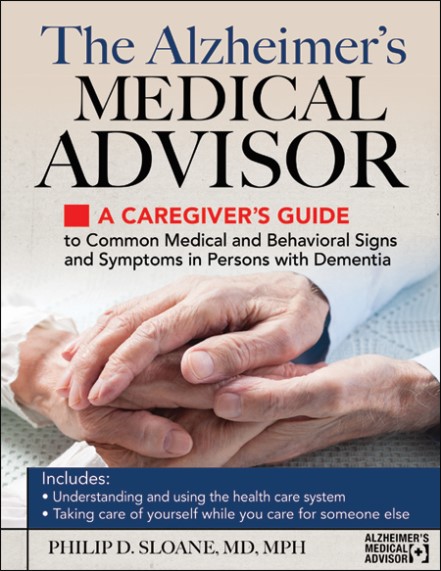Your whole family is gathered for dinner during the holidays. Your sister-in-law is playing a video to entertain her two boys. Your spouse is having an animated discussion with your brother about holiday-light displays. A timer is buzzing in the kitchen. Your teenage daughter tells you that your mother, who lives with Alzheimer’s, is upset. She’s asking repeatedly, “Who is that bearded man? Why is everyone here?”

If you’ve been a family caregiver for a while, you’ve likely experienced holiday gatherings like these. Changes in routine, such as traveling, special meal preparation, guests spending the night, are typical of the season. Just as you need to plan a holiday meal, you must consider how to help your loved one with dementia feel relaxed and comfortable during the festivities.
How many guests will overwhelm your loved one?
Will children bring joy or make it harder for your loved one to cope?
If possible, limit individual gatherings to small groups. When planning, gently remind your family and friends, “Loud or hectic situations can be very stressful for Mom, now.” If your loved one is hearing impaired, remind guests to get your loved one’s attention first, and then to speak clearly and just a little louder.
If you’re able, keep your loved one with dementia to their typical routine. Invite guests to eat around the same time you regularly have dinner with Mom every night. When it’s time to help Mom with her shower, suggest that others either relax or help clean up the dinner dishes. Leaning on your family to help more than you’re accustomed to is okay, especially if it’s done with humor and appreciation.
Once everyone arrives, keep the living area well-lit and as calm as possible. Set aside a separate area for young children’s activities. Regularly re-orient your loved one to the situation, “Mom, Cousin Bill here is happy to spend Thanksgiving with us and would love to look through these photo albums with you.” Put on soft, familiar music, or introduce a task that your loved one can enjoy.
If she can help out in the kitchen, give Mom things to do that she can manage, like tearing up pieces of bread for the stuffing.
The time of day, such as your pre-dinner party, may coincide with your loved one’s sundowning. To minimize confusion, offer plenty of reassurances. Make sure s/he is well-rested before the gathering, will make a big difference in coping.
Dinner may pose unique challenges. Make sure to have foods on hand that your loved one enjoys eating. If using utensils is a challenge, include a selection of finger foods. Offer softer foods if your loved one has trouble chewing and swallowing – mashed potatoes, flavored puddings, or pureed delights. If others are preparing or bringing parts of the meal, coordinate with them in advance to include some of your loved one’s favorites.
Sit next to Mom during dinner to assist her with eating, if necessary. Cutting up your loved one’s food in advance and keeping the place setting simple with one utensil will make it easier for her to enjoy the meal. Remind her to take a sip of water or other liquid between bites.
After dinner, keep an eye on your loved one or invite an attentive family member to prompt him/her to use the restroom as needed. Enjoy the rest of your evening, while being aware of when your loved one appears tired. Then it will be time to help him/her get to bed or to go home.
These tips and more are in the newly released, Alzheimer’s Medical Advisor: A Caregiver’s Guide. This resource is designed to guide caregivers in successfully managing the diverse situations that arise and help with making decisions when caring for one with cognitive impairment. After all, the idea is to have a relaxing and enjoyable caregiving experience during the holidays and beyond!
Philip D. Sloane, MD, MPH, is a geriatrician, health services researcher, and the co-director of the Program on Aging, Disability, and Long-Term Care within the Cecil G. Sheps Center at the University of North Carolina at Chapel Hill. He is particularly noted for his work around the management of behavioral symptoms in Alzheimer’s disease.








